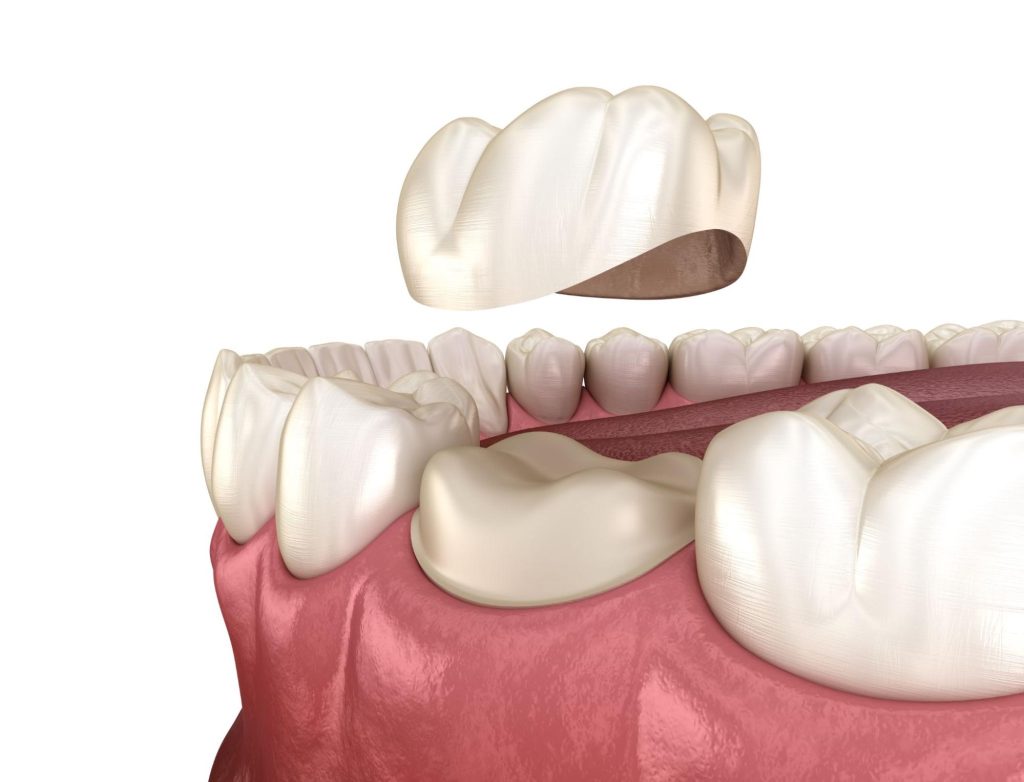Root canal therapy is one of the most common procedures dentists perform and focuses on removing infected pulp from the tooth. But what is it, and how effective is the treatment? You may only realise you have a problem once you get a toothache or sensitivity to cold food. Although having healthy teeth and gums is a major priority, if you have dental problems, root canal therapy could be an effective solution.
What is Root Canal Therapy?
Root canal therapy is designed to treat diseased and infected root canal systems in a tooth. The treatment is designed to save the tooth and prevent re-infection. Teeth are made up of several layers. On the surface is the enamel, the part of the tooth you see when someone smiles. There’s a hard layer under the enamel called dentin. Underneath this is the soft tissue or pulp, which contains nerve endings, blood vessels and connective tissues. Pulp reaches from the top of the tooth right into the roots. The pulp plays an essential part in tooth growth; however, if an infection occurs, an abscess can form, resulting in pain and swelling of the area.
What’s Involved in a Root Canal Therapy?
Teeth treated using root canal therapy are fixed with a crown or a filling. First, the dentist assesses the problem to recommend the best course of action. The type of treatment will depend on where the tooth is in the mouth and the pressure on it from eating, for example. The amount of natural tooth infrastructure is also vital in deciding a course of treatment. An x-ray is usually taken before treatment so the dentist can see the extent of the problem. During a root canal treatment, the dentist removes the diseased or infected pulp and replaces it with a filling. It will then be sealed with a barrier to stop re-infection, and sometimes a crown is inserted over the top of the tooth. Studies have shown that fixing a crown over a tooth following root canal treatment makes it last longer. If you are worried about pain during the treatment, a local anaesthetic is given to minimise discomfort.
When is a Root Canal Needed?
Ultimately, a dentist assesses the situation and recommends a course of treatment, such as root canal therapy. However, if you experience signs of a typical root canal problem, such as toothache that is not relieved by painkillers, sensitivity to hot or cold food, or severe pain when biting or chewing, it is a signal to get advice and help from your dentist. If you continue to ignore the problem, you will experience pain and discomfort, and the tooth and root canal can become infected, leading to a dental abscess.
What are the Benefits of Root Canal Therapy?
There are several benefits to having root canal therapy. Firstly, the most obvious benefit is that once the root canal has been treated effectively, pain from the tooth and surrounding area should be relieved. The risk of further infection, development of an abscess and even sepsis is significantly reduced. Another benefit of having root canal therapy is the effects are long-lasting once the tooth has been filled and a crown inserted. Studies show a root canal filling can last up to 11 years.
Most root canal treatments can save damaged or infected teeth. If you leave a dental problem and don’t get help, the chances are that you will end up losing the tooth, whereas early treatment helps save natural teeth. Most root canal therapy treatments are affordable; however, if you delay seeking help, you may pay more due to a complex procedure.
Don’t Ignore a Sore Tooth
Do you have a toothache or notice pain when you bite food? If so, you could be experiencing the first signs of a problem with your root canal. Getting help as soon as possible is essential so the pain and infection in your tooth’s soft tissue do not worsen. Call us today to discuss your dental needs, and we can help you with root canal therapy.



